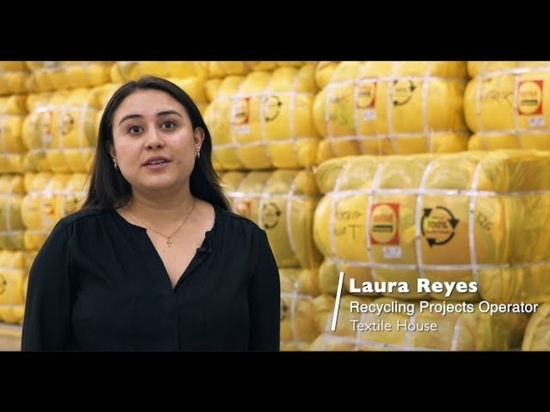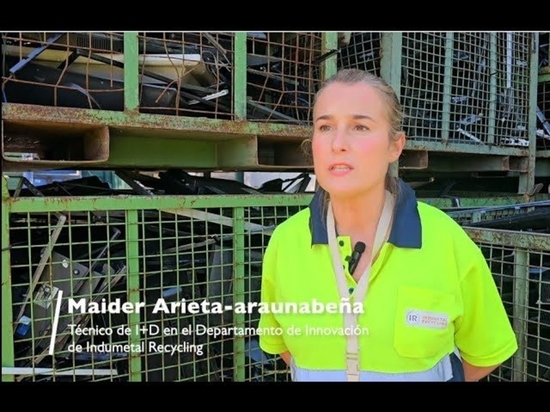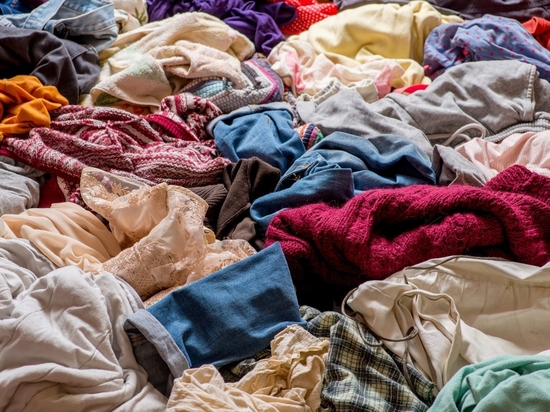
#Industry News
THE 5 R’S OF ZERO WASTE: MAXIMIZING SUSTAINABILITY IN THE BUSINESS SECTOR
THE 5 R’S OF ZERO WASTE: MAXIMIZING SUSTAINABILITY IN THE BUSINESS SECTOR
THE 5 R’S OF ZERO WASTE: MAXIMIZING SUSTAINABILITY IN THE BUSINESS SECTOR
by Picvisa | Oct 27, 2023 | Circular economy
the 5r's of zero waste
In the current context, where sustainability has become a cornerstone of business activity, understanding and applying the principles of the “Zero Waste” movement is crucial.
This approach, grounded on the 5 R’s (Refuse, Reduce, Reuse, Recycle, and Rot), is especially pertinent at a time when businesses face newer and stricter regulations and societal expectations regarding waste management and the promotion of the circular economy.
A NEW ERA OF CORPORATE RESPONSIBILITY
Adopting Zero Waste practices demonstrates organizations’ commitment to environmental responsibility and sustainable innovation.
The recent European regulations on sustainability, including a comprehensive reform of the tax on plastic packaging and the EU Sustainability Directive, have set new standards for environmental care.
These measures not only encourage more mindful and efficient resource management but also involve significant shifts in production, packaging, and product life cycles.
THE 5 R’S AND THEIR IMPACT ON BUSINESS WASTE MANAGEMENT
Strategies based on the 5 R’s go beyond the widely accepted domestic waste separation and take several steps further with a holistic approach from responsible consumption to the proper end-of-life disposal and reincorporation of materials into the production cycle.
Let’s briefly examine the 5R’s from a business perspective:
Refuse: Businesses are becoming much more selective and are starting to say “no” to unsustainable materials and practices, focusing on supply chains and operations that align efficiency with sustainability.
Reduce: Waste minimization through resource-efficient practices is vital. This leads to the implementation of processes, and their corresponding technologies and infrastructures to reduce over-packaging, optimize logistics, and ensure a continually decreasing carbon footprint in all processes.
Reuse: Companies are adopting policies to reuse materials, extending the lifespan of products and components through repair, refurbishment, and reconditioning.
Recycle: Proper waste sorting facilitates high-quality recycling, allowing materials to be efficiently processed and reintegrated into new production cycles.
Rot: The emphasis here is on the increasingly widespread practice of composting organic waste, returning valuable nutrients to the soil, and supporting sustainable agricultural systems.
LOOKING TO THE FUTURE: ZERO WASTE AND CIRCULAR ECONOMY
Embracing a Zero Waste approach is a significant component in bolstering a broader sustainable business ecosystem.
This approach adds to the necessary steps toward transitioning to a circular economy, where waste is minimized, and the value of materials is preserved as much as possible.
In this context, several sectors stand out for their proactive initiatives. For instance, the fashion industry, known for its significant environmental footprint, is witnessing a shift with brands adopting Zero Waste strategies, from using recycled materials to offering product return programs for reuse or recycling.
In the food sector, initiatives such as biodegradable packaging, composting of organic waste, and donation of food surpluses are being explored.
In the construction sector, there’s a rising trend toward Zero Waste, with initiatives that include the use of sustainable building materials, recycling programs for rubble and demolition, and building design focused on energy efficiency and waste minimization. These practices contribute not just to waste reduction but also to the creation of healthier, more sustainable urban spaces.
TECHNOLOGY AND INNOVATION IN WASTE SORTING
As pioneers and leaders in developing and implementing artificial intelligence and optical recognition in waste sorting, at PICVISA, we’ve found that our technologies not only enhance sorting accuracy but also maximize the retrieval of valuable resources from urban waste.
Companies like PICVISA are at the forefront of this innovation, offering systems integrating cutting-edge technology for efficient, accurate, and highly automated waste sorting.
Ecoglass, Ecopack, Ecosort textile, Ecoflake, and Ecoclip are solutions that allow for optimal separation and classification of materials in waste management plants. These solutions assist companies not only in complying with current regulations but also in optimizing their resources and reinforcing their ecological credentials.
download the new ecoclip catalogue
CORPORATE COMMITMENT AND ENVIRONMENTAL SUSTAINABILITY
The 5Rs of Zero Waste, with the adoption of advanced waste separation and classification technologies, represent a significant opportunity for companies to credibly position themselves with sustainability.
By choosing waste management paths that adopt these practices, companies are not only positively contributing to the preservation and regeneration of the environment, but also strengthening our position in an increasingly aware and environmentally regulated global market.







